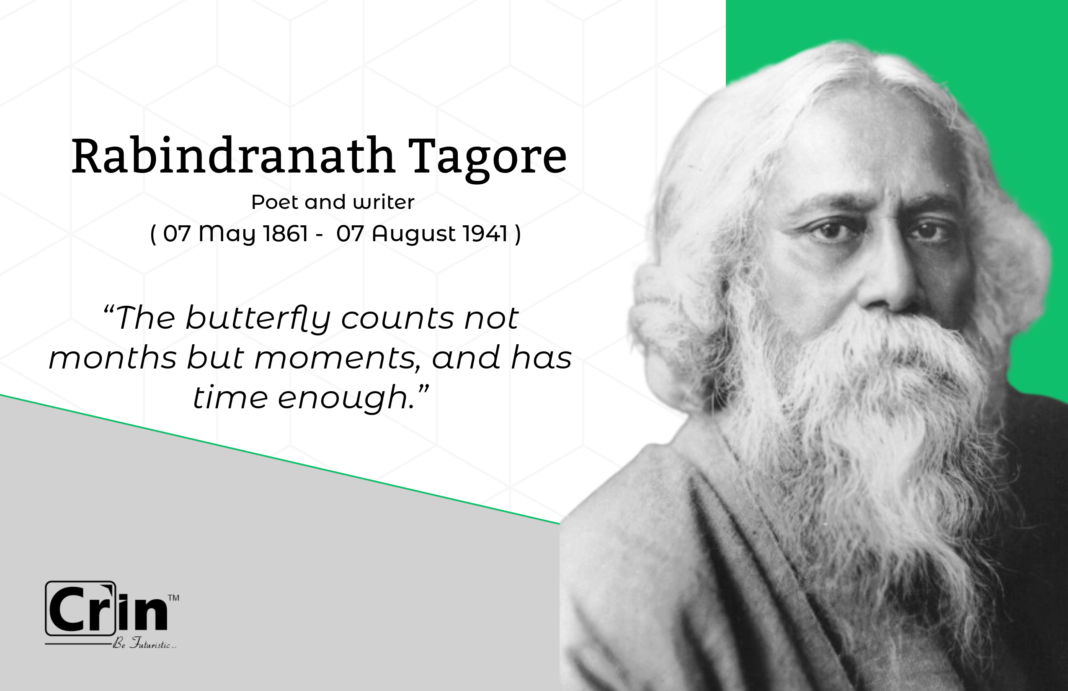Introduction
Rabindranath Tagore, a prolific writer, poet, and philosopher, stands as a towering figure in global literature. Born in 1861 in Kolkata, India, Tagore’s contributions transcend mere words, impacting various aspects of culture and education.
Early Life and Education
Tagore was the youngest of thirteen children in a distinguished Bengali family. His early education was unconventional, fostering creativity and independent thinking. At the age of 17, he moved to England to study law but soon returned to India, drawn back by his passion for literature and music.
Literary Contributions
Tagore’s literary genius is evident in his vast body of work, including poetry, novels, short stories, and plays. His collection of poems, “Gitanjali”, earned him the Nobel Prize in Literature in 1913, making him the first non-European laureate. His writings often explore themes of humanism, spirituality, and social justice.
Influence on Music and Art
Apart from literature, Tagore made significant contributions to music and art. He composed over 2,000 songs, known as Rabindra Sangeet, blending classical Indian tunes with folk music. These songs remain integral to Bengali culture. Additionally, Tagore was an accomplished painter, whose artworks reflect his innovative spirit.
Educational Reforms
Tagore founded the Visva-Bharati University in 1921, envisioning it as a center for blending Eastern and Western philosophies. His educational philosophy emphasized holistic learning, creativity, and internationalism. The university remains a beacon of Tagore’s vision, promoting cultural and academic exchange.
Social and Political Impact
Tagore’s influence extended to social and political spheres. He was a vocal critic of British colonial rule in India, advocating for Indian independence and self-reliance. Despite his friendship with Mahatma Gandhi, Tagore maintained a unique stance on nationalism, emphasizing universal human values over nationalistic fervor.
Legacy
Rabindranath Tagore’s legacy is vast and enduring. His works continue to inspire generations, transcending linguistic and cultural barriers. Tagore’s vision of a harmonious world, where art and education serve as bridges between cultures, remains relevant today.
Conclusion
Rabindranath Tagore was a multifaceted genius whose contributions to literature, music, art, and education have left an indelible mark on the world. His legacy as a visionary thinker and cultural icon continues to influence and inspire people globally.
For detailed information, kindly visit Wikipedia_Rabindranath Tagore



